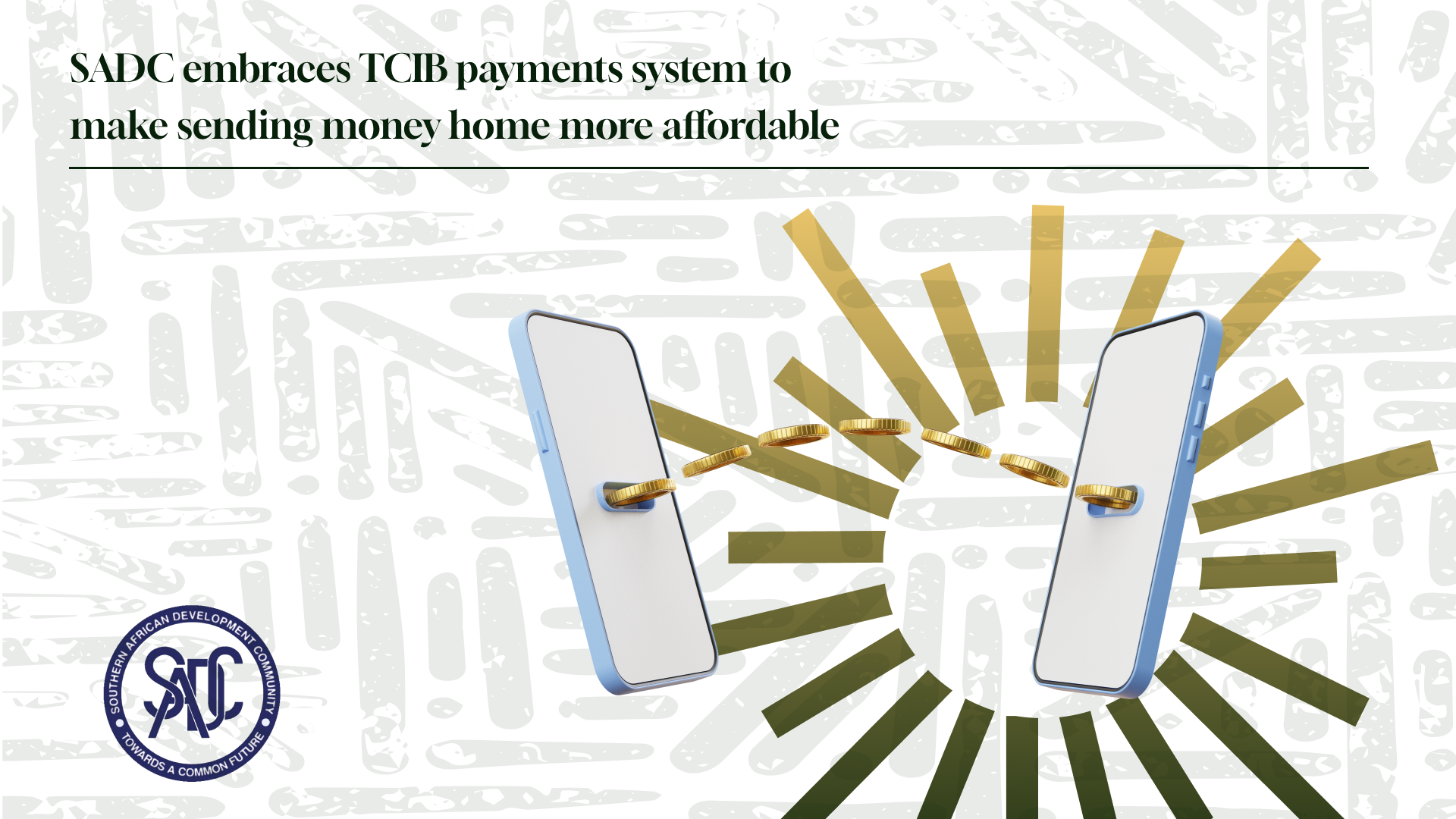Digital payments are growing in scale in most parts of Africa, but are still hamstrung by a preference for cash among consumers. In efforts to see digital payments growing successfully, the most important aspect to note is that interoperability is key to growing the scale of digital payments. This is largely due to the fact that digital payments, particularly mobile payments, are growing fast, especially in sub-Saharan Africa, and are becoming preferable as it is a way to leapfrog the poor pre-existing payment systems infrastructure.
The 2022 State of National and Regional Payment Systems in Sub-Saharan Africa study shows that mobile money payment systems have not yet achieved their full potential.
Why is this?
The study indicates that most consumers still prefer to use cash for payments. Perhaps the allure of holding cash physically, and hindrances such as accessibility to infrastructure and reliable technology, are what make cash an option for many people in Africa. Even in rich and developed countries such as Mauritius, the use of cash is still preferred, with the study findings showing that 99% of residents in that country still use cash.
This is a stark difference from Tanzania, where digital payments are catching up fast and consumers have had no problem with adapting to the systems easily. For example, findings show that in 2015 alone, mobile payments in that country were worth over US$20 million.
In most cases, many people in Africa still rely on cash-in and cash-out transits while full eco-systems are digitised – a gradual process that is steadily improving. The key point to keep in mind is that interoperability is critically important in creating seamless digital systems. This is because the interoperability of payment systems would enable seamless participation of multiple proprietary payment acceptant and processing platforms. This would promote competition and efficiency gains, by enabling economies of scale.
The key to the successful interoperability of digital payments
The same study also notes that this requires regulators to mandate an industry-led approach where private sectors decide to be interoperable among themselves.
It explains that the mandate approach levels the playing field and the mandated interoperability has the scope to increase scale while levelling the playing field and creating efficiency through a common standard. An example is how in Nigeria, all payment service providers including commercial and deposit money banks as well as private switches (fintech firms that provide payment solutions and mobile money operators) are required by the Central Bank of Nigeria to connect to the Nigerian Central Switch. The switch is being embraced although there was initial resistance due to the perceived loss of competitive advantage, but this has been overcome.
The study findings additionally note that it is most important to state that an industry-led approach requires sufficient buy-in to ensure scale. Tanzania for example, has excelled in this regard – rather than mandating interoperability at a regulatory level, a common set of standards and principles for the operation of mobile payments was formulated by the industry. The study notes:
“This face market players the option to adopt these newly formed standards and establish bilateral relationships with other market players. The common standards were formulated by the market players themselves through negotiation and collaboration facilitated by the Bill and Melinda Gates Foundation.”
However, not all the mobile money providers in Tanzania adopted the new standards except Vodacom and Tigo. The success of this move is that this increased digital payments as money can now be transferred between different mobile money operators.
The key aspect of this development is that cooperation in infrastructure development promotes interoperability and scale. Its importance suggests that essential market infrastructure such as real-time settlement clearing and national switching systems should be in the cooperative aspect of the market. Sharing the costs of clearing and switching will also allow PSPs to compete on providing better services to clients, as opposed to relying on major players’ infrastructure, and to also create a competitive market.
Cover Image Credit: THOMAS MUKOYA/Reuters








